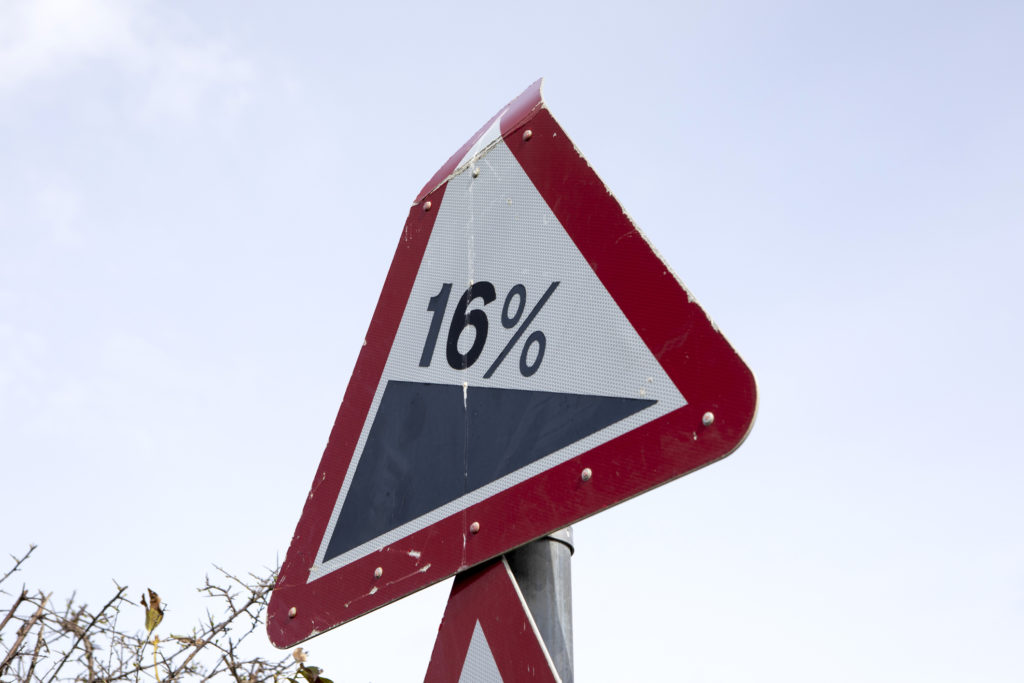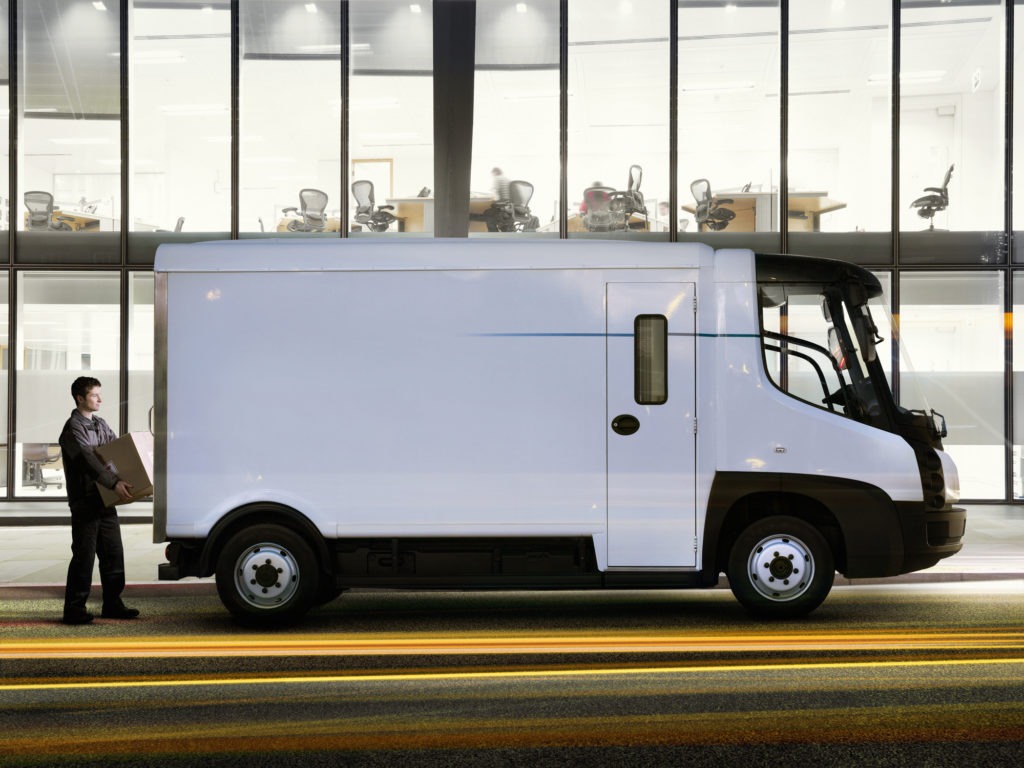Supply-chain woes as UK new-car registrations decline
05 May 2022

The UK saw new passenger car registrations decline year on year in April. However, this was by a smaller amount than the fall in March. This could indicate some stabilisation of the market and displacement of new-car sales due to supply issues.
The latest figures from the Society of Motor Manufacturers and Traders (SMMT) show that the new-car market declined by 15.8% last month, with 119,167 units leaving showrooms. Considering that many dealer forecourts were closed for business in April 2021 due to COVID-19 lockdowns, the decline highlights the impact of global supply-chain shortages and their effect on new vehicle deliveries.
However, there was one less working day last month compared to April 2021. When adjusted, the market declined by 11.4%. This is a notable improvement on the 14.3% drop in March, which for the UK is one of the most important months when it comes to registrations. It is likely that due to supply-chain problems, of which semiconductors is just one component, a lack of new vehicles meant many deliveries were displaced into April. This is a trend that is likely to continue as the industry catches up with demand.
Yet due to the decline, Autovista24 has revised its forecast for UK registrations in 2022 downward, to a year-on-year increase of 4.8%. This would equate to around 1.73 million units taking to the roads, which is still far below pre-pandemic levels. This new forecast takes into account ongoing economic issues, such as rising interest rates, fuel ,and energy prices.
Prioritisation continues as economy bites
The decline in UK new-car registrations during April was driven by a 33% drop in the large-fleet segment orders, as manufacturers continue to prioritise the more profitable private-consumer market. This sector saw a modest increase of 4.8% year on year, while smaller-business registrations increased by 15.4%.
The sector faces further economic headwinds, with rising inflation, not least due to spiralling energy and fuel costs putting pressure on household incomes. Further supply-chain uncertainties arising from the global political situation including the Ukraine war continue with no sign of let-up. However, the SMMT highlights that drivers able to invest in a new vehicle can still benefit, as interest rates remain historically low, grants for battery-electric vehicles (BEVs) will be in place until at least early 2023, and running costs associated with new electric cars are generally lower than those of petrol or diesel vehicles.
‘The worldwide semiconductor shortage continues to drag down the market, with global geopolitical issues threatening to undermine both supply and demand in the coming months,’ commented SMMT chief executive Mike Hawes. ‘Manufacturers are doing everything they can to deliver the latest low and zero-emission vehicles, and those considering a purchase should look to place their orders now to benefit from incentives, low-interest rates and reduced running costs.’
‘Accelerating the transformation of the new-car market and the carbon savings demanded of road transport in such difficult times requires not just the resolution of supply issues, however, but a broader package of measures that encourages customer demand and addresses obstacles, the biggest of which remains charging anxiety,’ Hawes added.
UK new-car registrations by fuel type
In April, petrol was once again the most popular new-car fuel-type choice in the UK, although the 73,253 units represented a 16% decline year on year. The diesel decline continues at pace, with just 12,645 units registered, a drop of 45%. Plug-in hybrids (PHEVs) too saw a decline, down 36.6% in the month.
BEV registrations bucked the trend and continued to grow with 12,899 of the latest zero-emission cars joining UK roads, an increase of 40.9% on the same month last year. The technology has also taken a 10.8% market share, making it the most popular powertrain in the market behind petrol (61.4%) and hybrids (11.7%). The market share of diesel declined to 10.6% in April, leaving it the fourth most popular choice for the second month in a row.



